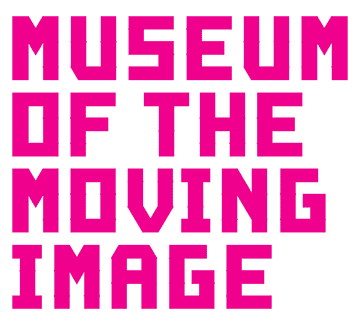
EVENT, SCREENING
Woman In The Dunes: Living With Disaster
Ongoing
Location: Redstone Theater
With economist Sonali Deraniyagala and writer Emily Raboteau in conversation
Dir. Hiroshi Teshigahara. 1964, 147 mins. 35mm. In Japanese with English subtitles. With Eiji Okada and Kyoko Kishida. Woman in the Dunes (Suna no Onna)—ghost story, Sisyphean tale, erotic romance—is a masterful pillar of the Japanese New Wave. A collaboration between filmmaker Hiroshi Teshigahara and surrealist writer Kobo Abe, Woman in the Dunes stars Eiji Okada (Hiroshima Mon Amour) as an entomologist who travels to the beach outside of Tokyo to study the local tiger beetle. However, a series of events lead him to the bottom of a sand dune where he becomes trapped with a young widow (Kyoko Kishida); endless shoveling is the only way for woman—and now man—as well as the entire surrounding village to stave off annihilation. “Are we shoveling to survive or surviving to shovel?” beg the prisoners.
Director Hiroshi Teshigahara was nominated for Best Director at the 1964 Academy Awards for Woman in the Dunes, making him the first person of Asian descent to receive the nomination. He later left the film industry to become headmaster of the Sogetsu flower arranging school—his close attention to detail is evident in the film’s delicate scenes where body and sand intermingle. Woman in the Dunes is a striking film scored by one of Japan’s most celebrated composers, Toru Takemitsu.
The allegorical story of Woman in the Dunes resonates broadly, including with the climate crisis which threatens many species’ existence. One of the hallmarks of climate change is an increased number of human and non-human species impacted by recurrent natural disasters. To consider who is affected by disasters, how, and why, Woman in the Dunes will be followed by a conversation between Sonali Deraniyagala (author of Wave), an economist who teaches at SOAS University of London and Columbia University specializing in the economic aftermath of disasters, and Emily Raboteau (Searching for Zion), author and Professor of English at the City University of New York who writes frequently about climate change and social justice.
Tickets: $15 ($11 seniors and students / $9 youth (ages 3–17) / free or discounted for Museum members. Order tickets online. (Members may contact [email protected] with questions regarding online reservations.)
View the Museum’s ticketing policy here. For more information on membership and to join online, visit our membership page.
About the speakers:
Sonali Deraniyagala is a writer and economist. She is on the faculty of the Department of Economics at SOAS, University of London and is Adjunct Associate Professor in the School of International and Public Affairs at Columbia University. Dr. Deraniyagala’s 2013 memoir Wave recounts her experience during the Indian Ocean Tsunami when she lost her two sons, her husband, and her parents, and the progression of her grief in the ensuing years. It was shortlisted for the 2013 National Book Critics Circle Award and won the PEN/Ackerley Prize, among many other honors.
Emily Raboteau’s fiction and essays have appeared and been anthologized in The New York Times, The Believer, McSweeney’s, The Guardian, Best American Short Stories, Best American Mystery Stories, and elsewhere. She has won the American Book Award, a Pushcart Prize, and fellowships from the National Endowment for the Arts, the New York Foundation for the Arts, MacDowell, the Mellon Foundation, and the Bread Loaf Writers Conference. She is a Professor of English at the City University of New York and a member of Writers Rebel, a group of writers deeply concerned about the climate crisis.

